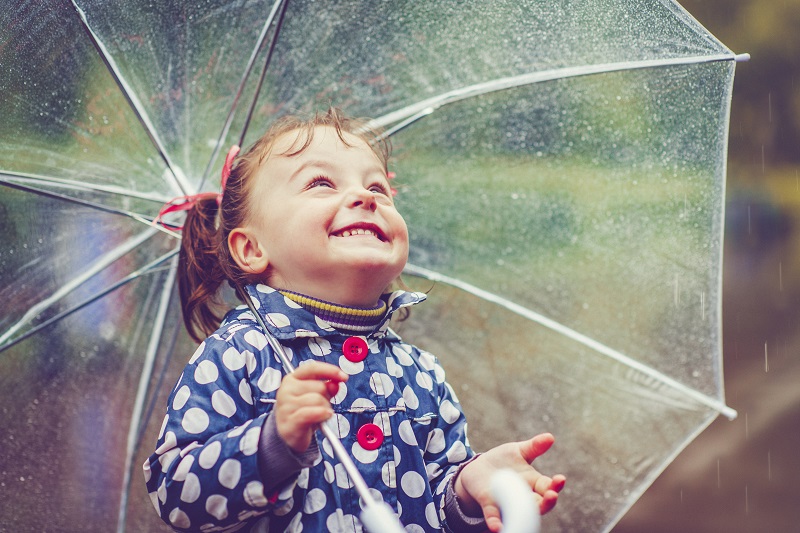The Domestic Abuse Act 2021 recognises that children living with domestic abuse are victims in their own right.
Domestic abuse has a devastating impact on children and young people that can last into adulthood.
We offer specialist emotional and practical support for children and young people affected by domestic abuse between the ages of 6 and 17. Depending on need, this includes one to one work with a Children’s Independent Domestic Abuse Advocate (CHIDVA) and/or group work.
Through TLC we also offer support to young people to end unhealthy behaviours in their relationships.
Children can experience both short and long term cognitive, behavioural and emotional effects as a result of witnessing domestic abuse. Each child will respond differently to trauma and some may be resilient and not exhibit any negative effects.
Children’s responses to the trauma of witnessing domestic abuse may vary according to a multitude of factors including, but not limited to, age, race, sex and stage of development. It is equally important to remember that these responses may also be caused by something other than witnessing domestic abuse.
Children are individuals and may respond to witnessing abuse in different ways. These are some of the effects described in a briefing by the Royal College of Psychiatrists (2004):
- They may become anxious or depressed.
- They may have difficulty sleeping.
- They have nightmares or flashbacks.
- They can be easily startled.
- They may complain of physical symptoms such as tummy aches and may start to wet their bed.
- They may have temper tantrums and problems with school.
- They may behave as though they are much younger than they are.
- They may become aggressive or they may internalise their distress and withdraw from other people.
- They may have a lowered sense of self-worth.
- Older children may begin to play truant, start to use alcohol or drugs, begin to self-harm by taking overdoses or cutting themselves or have an eating disorder.
Children may also feel angry, guilty, insecure, alone, frightened, powerless or confused. They may have ambivalent feelings towards both the abuser and the non-abusing parent.
Our referral pathway for Children and Young People can be accessed here Bridges Partnership – Children & Young People – Fill in form – we will not accept referrals in any other format.
The new referral form is to be used for all referrals for CYP across the partnership including:
- Young Person’s Domestic Abuse Support – Delivered by our accredited YPVAs for young people aged 13-17 years who are experiencing or at risk of abuse within their own intimate relationships.
- Domestic Abuse Recovery Support – Delivered by our accredited CHIDVAs for children and young people aged 6-17 years impacted by domestic abuse occurring between other members of the household.
- RESPECT programme – Support for children and young people aged 10+ who are displaying harmful behaviours to parents and carers.
- Encouraging Healthy Relationships programme – Support for children and young people aged 10+ who displaying harmful and unhealthy behaviours to intimate partners, ex partners or siblings
Following receipt of your referral, you will receive an automatic acknowledgement, detailing the next steps. If this referral is part of a step down plan please do not close your open case until a worker has been allocated.
CHIDVA provision – recovery work with children and young people experiencing / affected by domestic abuse between parents and in a family context (victim / survivor / parent / carer). Work focuses on safety, stabilisation, psychoeducation, emotional regulation and recovery. For ages 6-17yrs.
YPVA support – for young people experiencing intimate partner abuse in their own relationships
We may deliver group interventions to children and young people impacted by domestic abuse within school or other community venues. This will be tailored around the needs and experiences of the children and young people.
Escape the trap (13-17 years)
Empowering young people to gain resilience and to protect themselves and others in the future, to change their current situation and recognise their own behaviours, to identify when they are being abused and controlled in their own relationships. We offer group based work dependant on age, impact and maturity level.
We also help young people manage feelings of anger and anxiety and have two separate programmes that help young people develop a better understanding of safe, healthy, happy relationships.
Respect young people’s programme, is aimed at improving relationships between young people and their parents/carers.
Encouraging Healthy Relationships Programme, is aimed at improving relationships between young people and their partners or siblings.
Whichever programme they attend, they’ll always have:
- A safe and confidential space to talk about their feelings
- Support with their experiences and concerns
- Encouragement to end unhealthy behaviours
- Guidance to develop healthy forms of communication
More information can be found here:
https://talklistenchange.org.uk/project/young-peoples-programmes/

